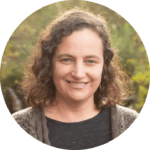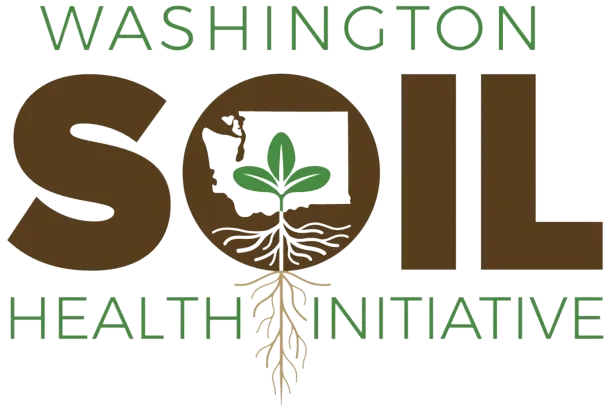
© Molly McIlquham
Sustainable Farms and Fields – Two years In
Funding more than 70 projects, the program plans to build and adapt in the near future.
December 11, 2024
Author: Karen Hills
Sustainable Farms and Fields, a still relatively new program of the Washington State Conservation Commission is in its third fiscal year of funding. It seemed an appropriate time to take account of what the program has accomplished in its first years. With this in mind, we went back to the data for the past two fiscal years of funded projects, which were spread across the state with 70 projects funded via 29 conservation districts and one county government. The infographic below provides high-level information about program impact.

What's New?
In addition to what’s been done with ongoing funding from the state’s operating budget, in 2023, the program received $30 million in proviso funding from Climate Commitment Act funding with specific directives toward dairy anaerobic digesters ($22 million), climate-smart livestock management practices including alternative manure management ($6 million), and research and demonstration ($2 million). While the dairy anaerobic digester opportunity is still under development, SCC did run 3 extra funding opportunities in 2024, resulting in $4.5 million allocated to fund 51 projects across Washington State toward climate-smart livestock SFF, alternative manure management, and research and demonstration projects.
This fiscal year SFF has funded two program development projects, with work led by conservation district (CD) partners. Snohomish CD is working on road testing a carbon farm plan template in cooperation with other CDs, which is expected to be finalized by June. Pacific CD is leading a group of CDs looking into best management practices relevant to aquaculture for potential inclusion in SFF.
It’s the time of year to hunker down, reflect, and make plans for the future. In that spirit, I will be working with CD staff who apply for the program and the SFF technical advisory and review committee over the next several months to revise the program guidelines to reflect lessons learned and help SFF continue to improve for fiscal year 2026 and beyond.

Karen Hills
Karen is the Sustainable Farms and Fields Program Manager at the Washington State Conservation Commission
This article was published by the Washington Soil Health Initiative. For more information, visit wasoilhealth.org. To have these posts delivered straight to your inbox, subscribe to the WaSHI newsletter. To find a soil science technical service provider, visit the Washington State University Extension website or the Washington State Conservation District website.

